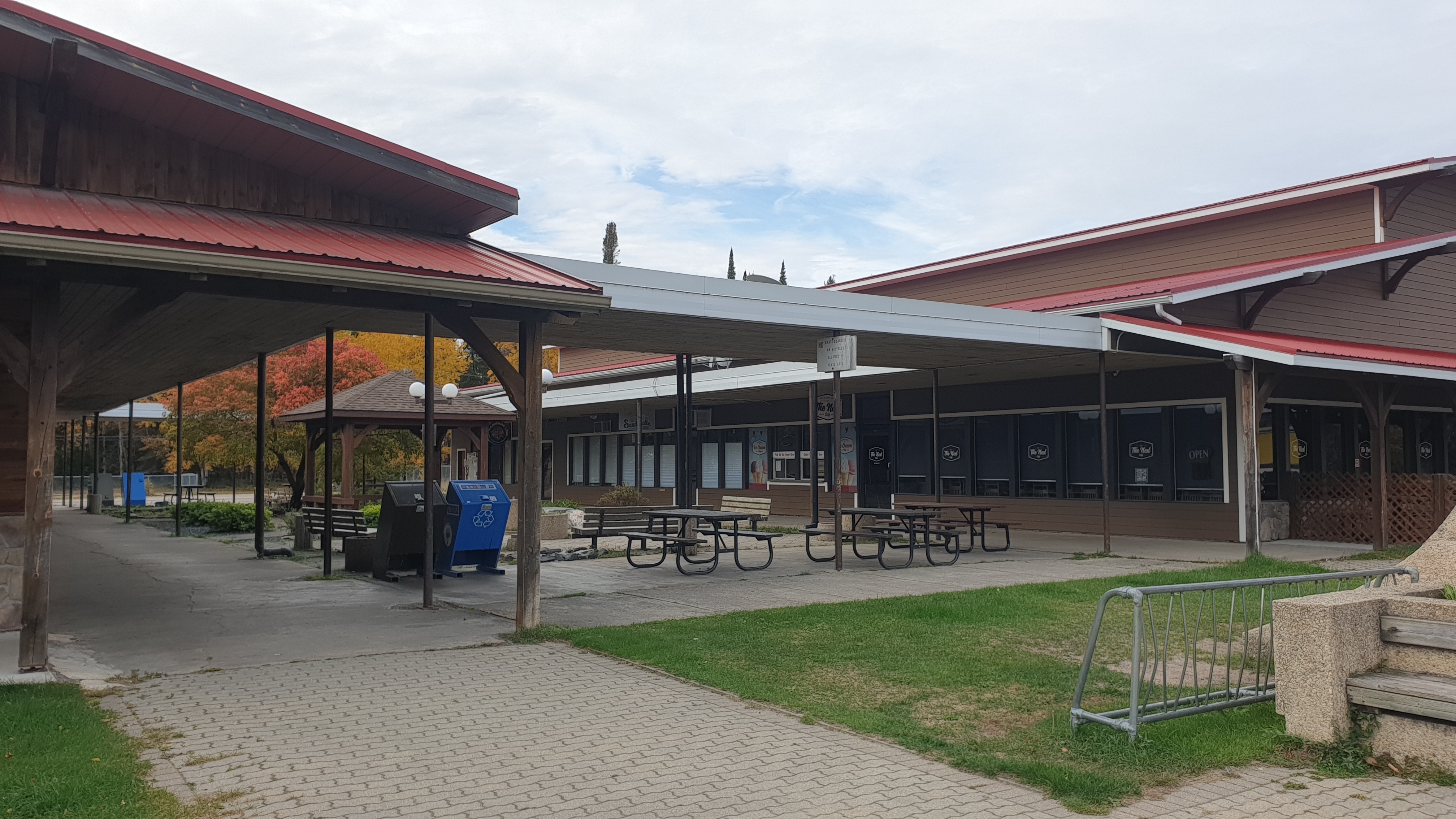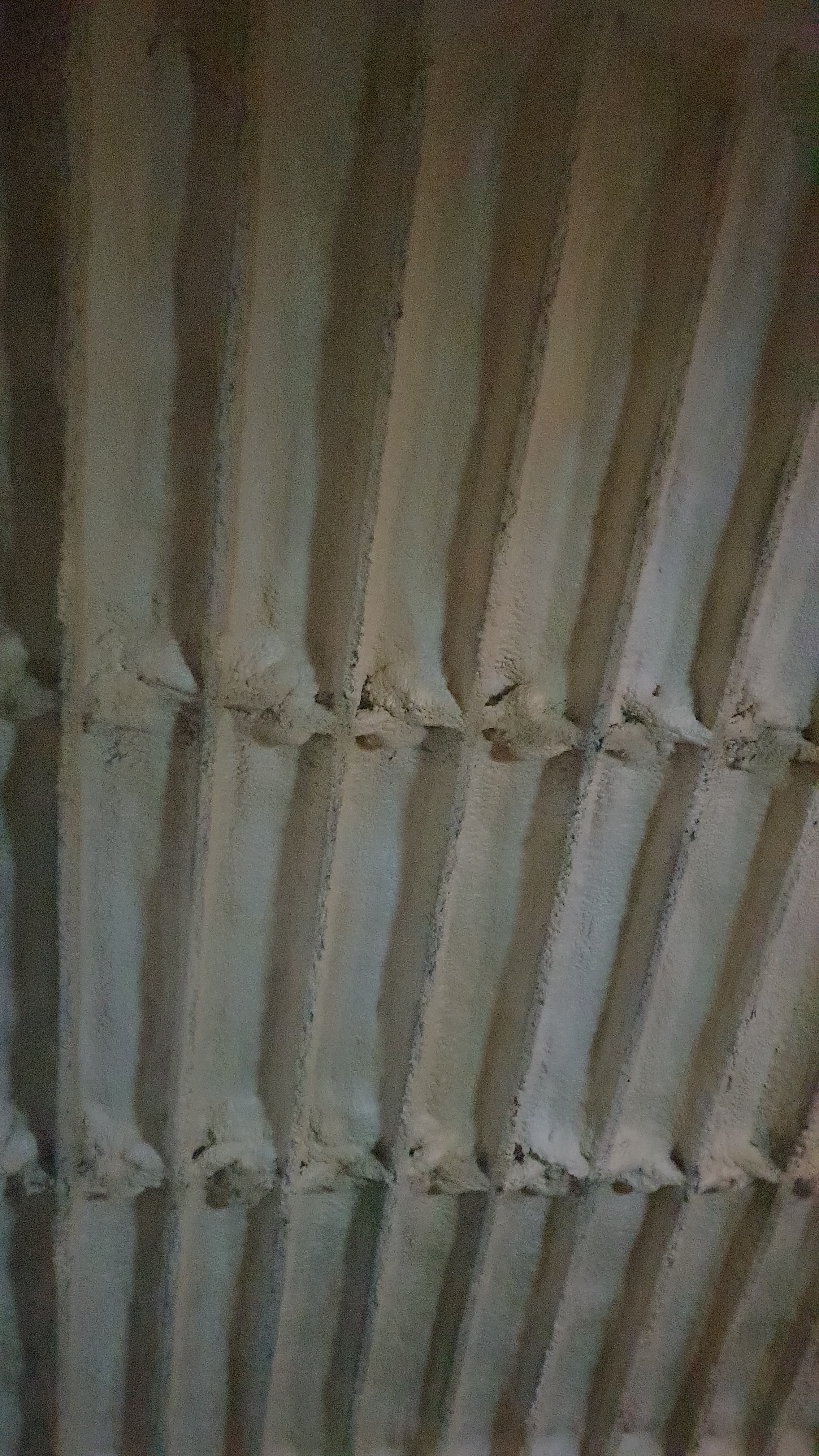Scientist piping in with my two cents. Granted my speciality is geophysics and planetary science, and not specifically climate.
In geoscience we tend to talk about things on very long timescales. Like: at what point with the sun's output cause the earth to turn into Venus (250 million years as a lower bound, ish, then all life is doomed on Earth). The rate of change we've applied to our atmosphere is faster than any natural process other than a meteor strike or similar event. There are climate change scenarios where all life on the planet dies (why wait 250 million years!?), but they're mostly improbable unless we have some sort of runaway feedback mechanism we've not accounted for. 2/3 of humans dying is also unlikely. Coastline and ecosystem disruption are almost certain though.
The thing about humans are: we are frighteningly clever. We can build spacecraft that can survive the harsh environment in space and people survive there. As long as climate change doesn't happen "too fast" (values of "too fast" may vary), we will engineer our way around it. On the small scale: air conditioning; and on the larger scale, geo-engineering (after accumulating sufficient political will). We're so clever that, if we (or our descendants or similar) can probably even save the earth in 250 million years when the sun's output passes the threshold where it wants to fry us -- assuming we survive that long.
That doesn't detract from her statement. But it is the Mirror, and the headlight is trying to be incendiary.







I've done a bit of C++ coding in my time. The feature list of the language is so long at this point that it is pretty much impossible for anyone new to learn C++ and grok the design decisions anymore. I don't know if this is a good thing or not to keep adding and extending or whether C++ should sail into the sunset like Fortran and others before it.